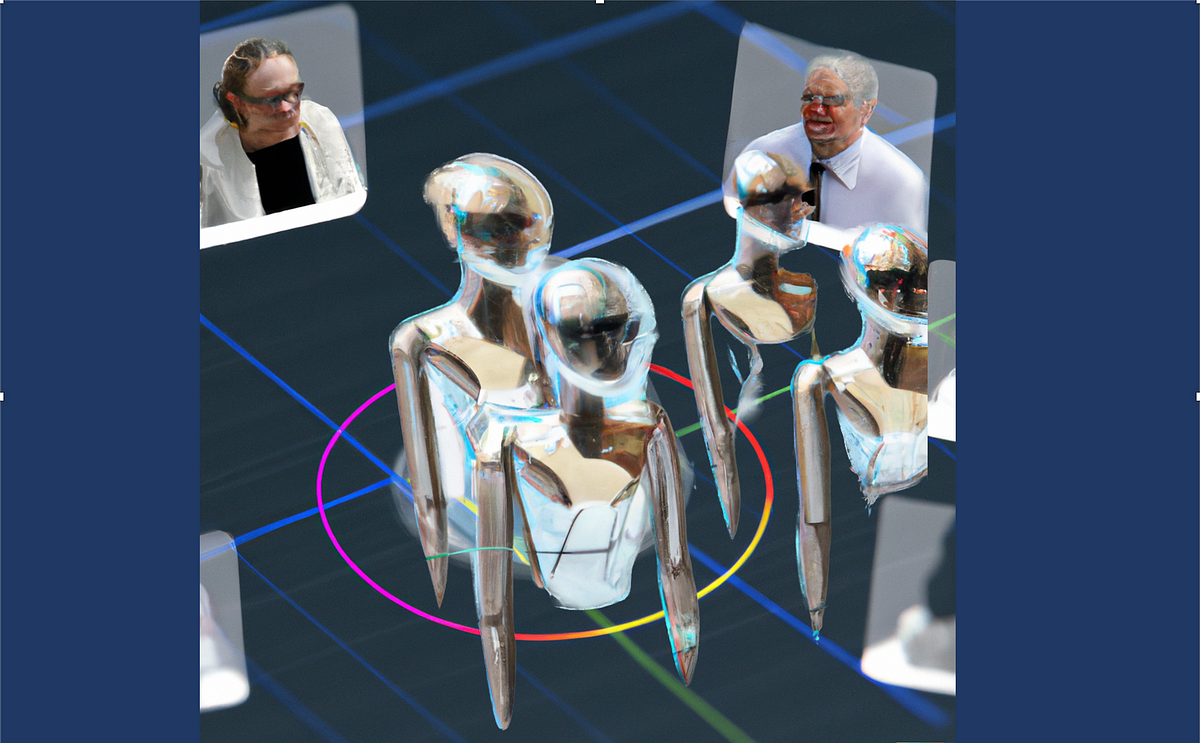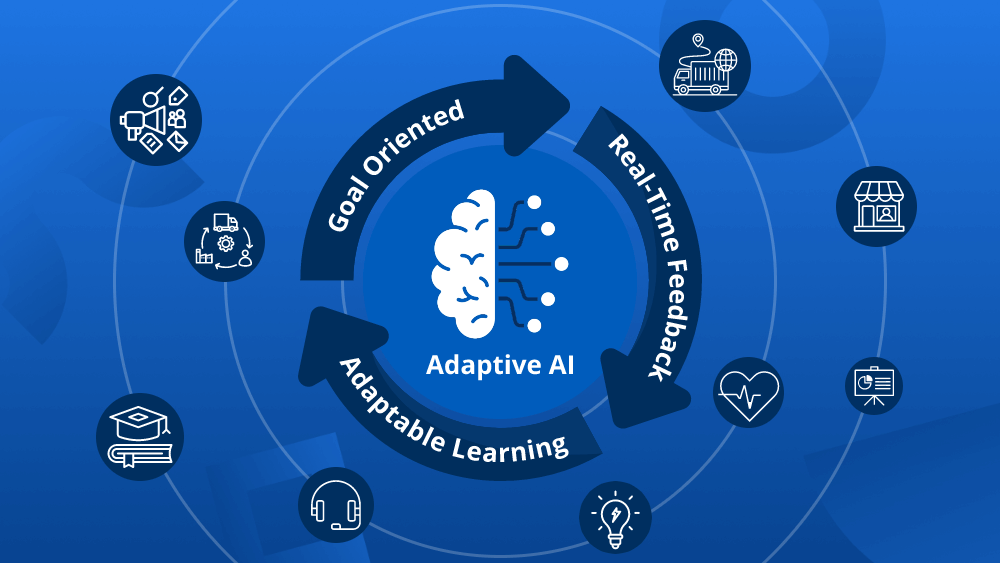Vision-language models (VLMs) are increasingly prevalent, offering substantial advancements in AI-driven tasks. However, one of the most significant limitations of these advanced models, including prominent ones like GPT-4V, is their constrained spatial reasoning capabilities. Spatial reasoning involves understanding objects’ positions in three-dimensional space and their spatial relationships with one another. This limitation is particularly pronounced in real-world applications requiring complex spatial analysis, such as robotics or augmented reality, where precise spatial understanding is crucial.
The researchers from Google DeepMind and Google Research have pinpointed that the fundamental constraint in VLMs’ spatial reasoning is not rooted in their architecture but stems from the absence of comprehensive 3D spatial knowledge in the training datasets. To overcome this, they developed SpatialVLM, a novel system designed to enhance the spatial reasoning abilities of VLMs. This system was trained using a unique, large-scale spatial reasoning dataset. The dataset generation process involved a multifaceted framework that employed various models for open-vocabulary detection, metric depth estimation, semantic segmentation, and object-centric captioning. These models worked in tandem to extract detailed 3D spatial annotations from two-dimensional images, thereby enriching the training dataset with crucial spatial information.
SpatialVLM represents a significant step forward in the realm of VLMs. Its training in enriched spatial data has markedly improved its ability to respond to qualitative and quantitative spatial queries. This capability was rigorously tested and validated through experiments, wherein SpatialVLM consistently outperformed other vision-language models in spatial reasoning tasks. A notable aspect of SpatialVLM’s performance is its ability to accurately perform quantitative estimations, a task often challenging due to the noisy nature of training data. This feature makes it a valuable tool for open-vocabulary reward annotators in complex robotic rearrangement tasks.
An innovative application of SpatialVLM is its integration with a powerful Large Language Model, enabling it to perform spatial chain-of-thought reasoning. This ability to process and solve multi-step spatial reasoning tasks further broadens its applicability in robotics and other domains requiring sophisticated spatial analysis. The researchers have explored novel downstream applications in spatial reasoning and robotics, demonstrating SpatialVLM’s potential as a dense reward annotator and a success detector for various robotic tasks.
SpatialVLM significantly improves VLMs’ ability to answer both qualitative and quantitative spatial questions. This enhanced capability is demonstrated through experiments where SpatialVLM outperforms other vision-language models in spatial reasoning tasks. Despite noisy training data, it can perform quantitative estimations reliably, making it a valuable tool for open-vocabulary reward annotators for rearrangement tasks in robotics.
In conclusion, the key takeaways from the research can be presented as follows:
- SpatialVLM enhances spatial reasoning in vision-language models.
- It was trained using a large-scale dataset enriched with 3D spatial annotations.
- The model excels in spatial reasoning tasks, surpassing other VLMs.
- SpatialVLM can perform complex spatial chain-of-thought reasoning, which is valuable in robotics.
- The development of SpatialVLM marks a significant advance in AI technology.
Check out the Paper and Project. All credit for this research goes to the researchers of this project. Also, don’t forget to follow us on Twitter. Join our 36k+ ML SubReddit, 41k+ Facebook Community, Discord Channel, and LinkedIn Group.
If you like our work, you will love our newsletter..
Don’t Forget to join our Telegram Channel
Hello, My name is Adnan Hassan. I am a consulting intern at Marktechpost and soon to be a management trainee at American Express. I am currently pursuing a dual degree at the Indian Institute of Technology, Kharagpur. I am passionate about technology and want to create new products that make a difference.


